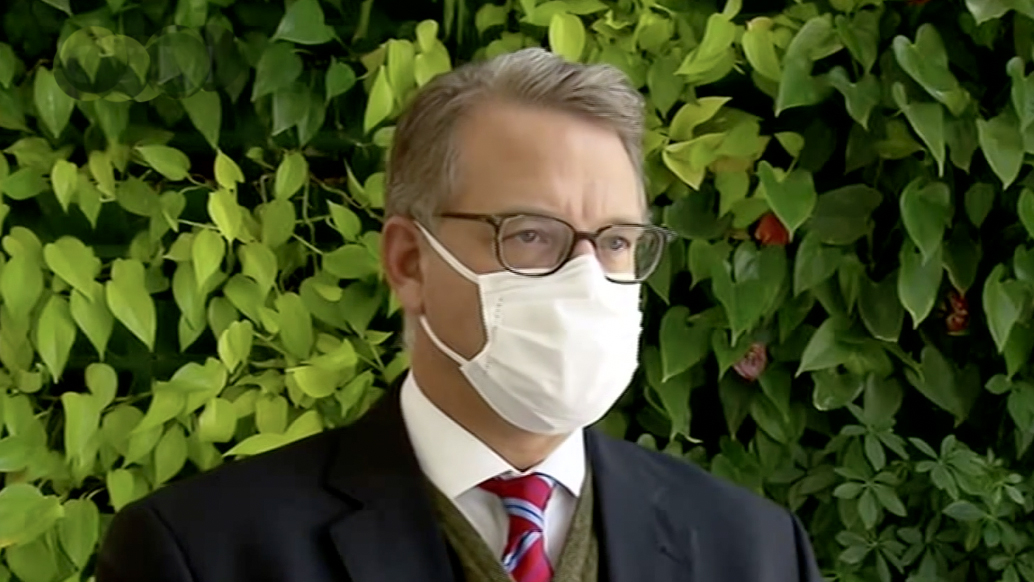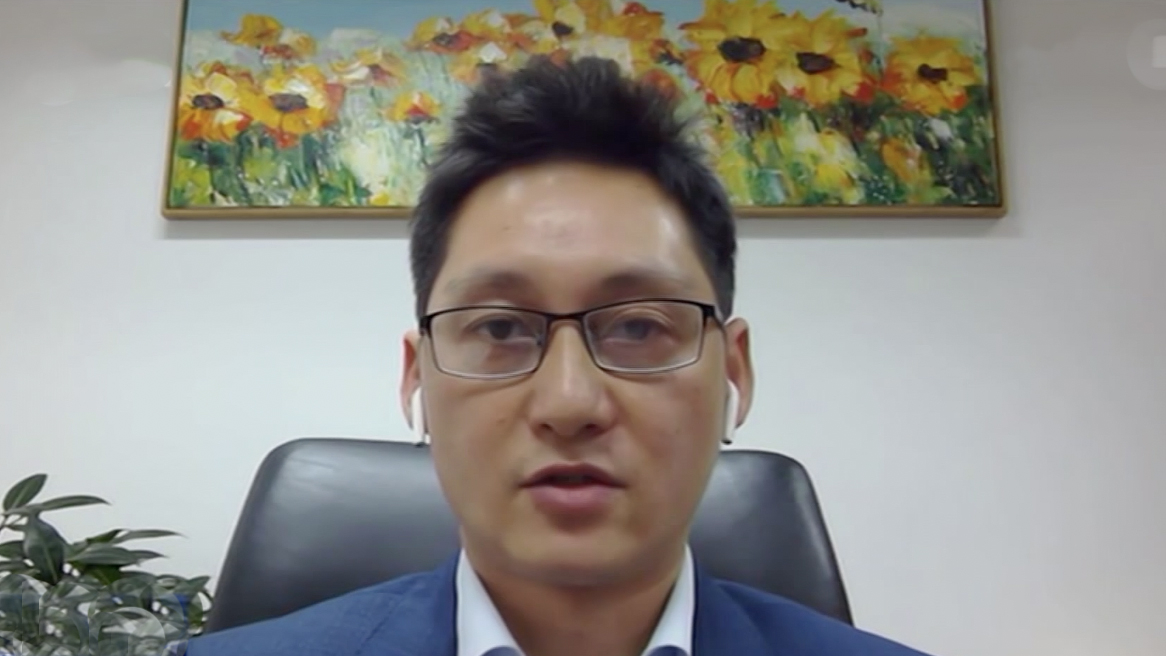02:24

Foreign pharmaceutical companies in Shanghai have joined the fight against the COVID-19 epidemic by actively participating in special research projects and in making sure non-virus medical needs are being met aside from donations of cash and medical supplies.
German pharmaceutical firm Boehringer Ingelheim's Shanghai headquarters has donated 1 million yuan in cash and 6 million yuan worth of medical supplies to Hubei Province. The supplies include masks and protective clothing from Germany, as well as 4 million yuan worth of Mucosolvan, an anti-pneumonia drug which has been shown to ease some of the symptoms of the coronavirus. It is being used in 13 hospitals in Wuhan.
In order to ensure a sufficient supply of Mucosolvan, the company's factory in Pudong has been working round the clock since February 2. Other than direct help to individual patients, the company is also teaming up with a research institute to explore possible vaccinations against the virus.
Felix Gutsche, Chairman and CEO of Boehringer-Ingelheim Great China, said the company is working with a German epidemic institute to help find approaches to fight COVID-19. "For us, we're not in human vaccination. So not from our side of direct research, but we know a lot of companies that are doing that. And if we can support these companies and institutes, we are doing so."
The biopharmaceutical company AstraZeneca China is looking out for patients who may not have COVID-19, but whose treatment for chronic illnesses has been impacted by the strain on medical staff and facilities created by the virus outbreak in Wuhan. Some kidney dialysis patients, for example, may not for now be able to find the medical staff needed to provide their treatment on time. AstraZeneca is donating kidney medicines to make it possible for them to receive some treatments at home. The first batch of medicine arrived in Wuhan at the end of last week. At the same time, the company has been bringing its normal pharmaceutical production back online.
04:38

"When we were in the first few weeks, certainly there was some degrees of slowdown. But we saw in the recent weeks there's really been a pick-up. For example, in our manufacturing facilities, the first week of February 3, we already had partial resumption of work which picked up even more by the week of February 10. And currently we have factories working almost at 85 percent capacity now," said Michael Lai, the General Manager of AstraZeneca China.
Looking at the broader picture, Lai noted that China's economy has shown a very strong resilience over the past few decades, and the fundamentals of China's long-term economic growth should not be affected, so the company's operation strategy will remain the same and will continue to invest in China.
Talking about whether AstraZeneca has come up with short- to mid-term production plan to assist China's efforts in containing and finding a cure for the COVID-19, Lai said the company is also trying everything they can to find treatments and cures via developing the vaccine for COVID-19. He also cautioned that patients that are not in full health, such as those with chronic diseases, are also at greater risk.
"So we do our very best to make sure we maintain the production of the existing medicines, which include cardiovascular diabetes, chronic disease, respiratory medications, to make sure patients are in good health. I think part of our mission is also to make sure that patients stay healthy from their chronic diseases so that they can also properly manage their conditions during the outbreak. That surely is also very important," Lai elaborated.
The Shanghai commerce commission told a news conference over the weekend that foreign businesses across the city are close to resuming full operation. The commission said that 80 percent of firms in key industries such as biopharmaceuticals and integrated circuits have restarted production.